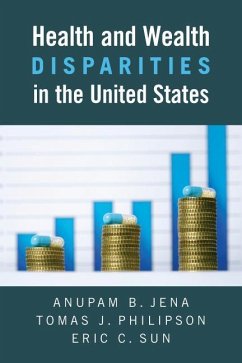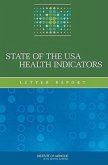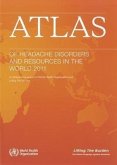As economists and policymakers strive to understand the causes of the global financial crisis, pinpointing the relationship between government size and economic growth is crucial. In this incisive economic study, Andreas Bergh and Magnus Henrekson find that in wealthy countries, where government size is measured as total taxes or total expenditure relative to GDP, there is a strong negative correlation between government size and economic growth-where government size increases by 10 percentage points, annual growth rates decrease by 0.5 to 1 percent. Bergh and Henrekson stress that statistical correlations, even when highly significant, are not law. Some countries with high taxes enjoy above-average growth, and some countries with small governments have stagnant economies. The Scandinavian welfare states, for example, have enjoyed steady growth over the last decade despite their large governments. However, these nations compensate for high taxes by employing market-friendly policies in other areas, such as








